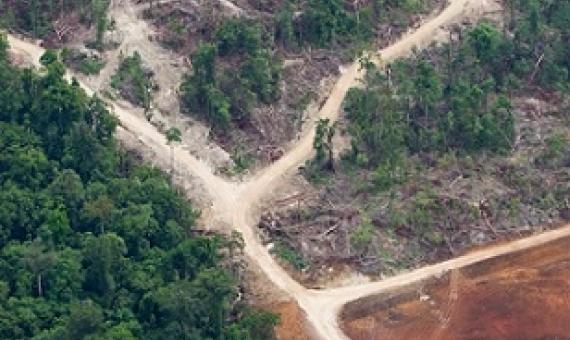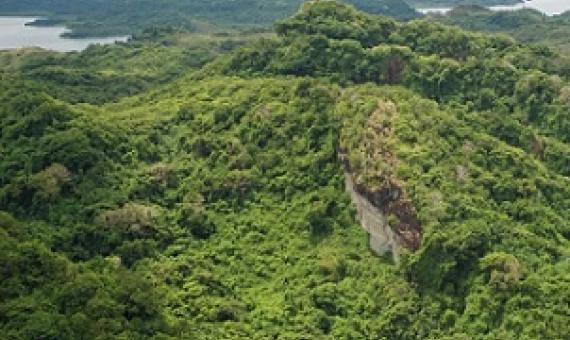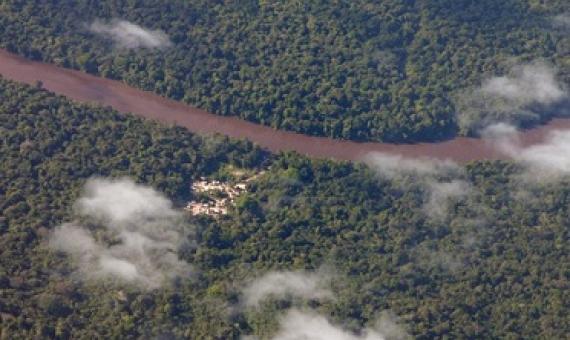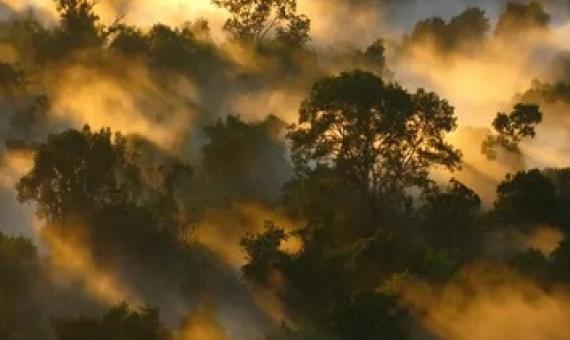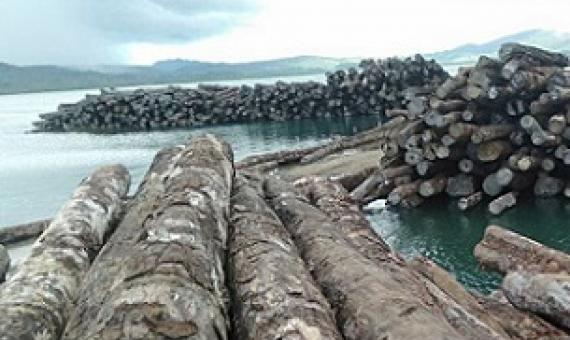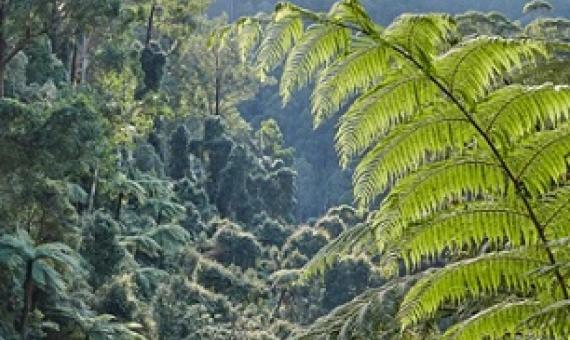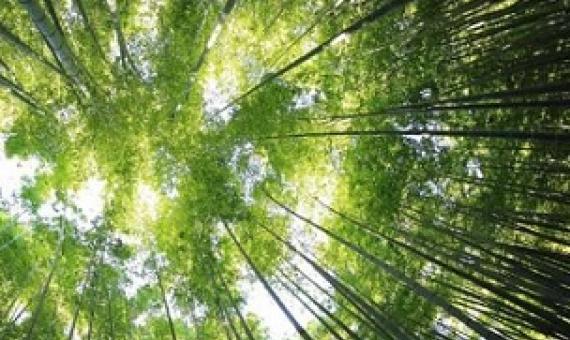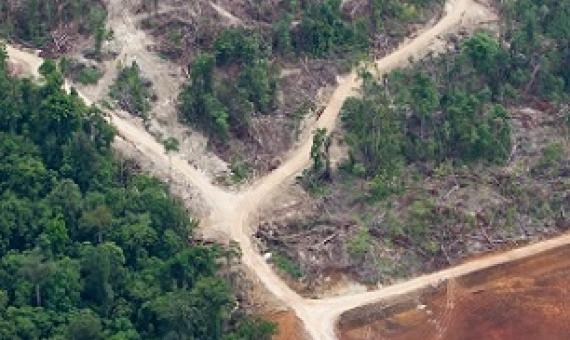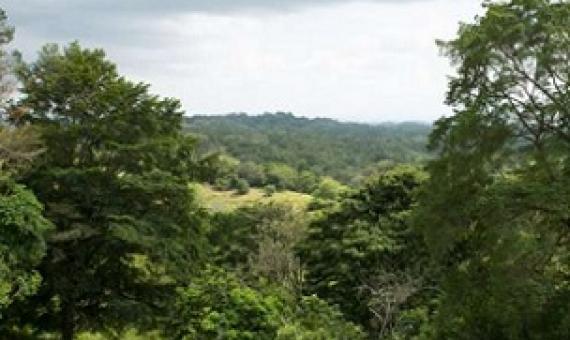Mainstreaming Biodiversity in Forestry
Forests are host to most of Earth’s terrestrial biodiversity. The conservation of the world’s biodiversity is thus utterly dependent on the way in which we interact with and use the world’s forests. The role of forests in maintaining biodiversity is also explicitly recognized by the United Nations Strategic Plan for Forests 2017– 2030 and in the ongoing discussions around the forthcoming post-2020 global biodiversity framework under the Convention on Biological Diversity (CBD).

